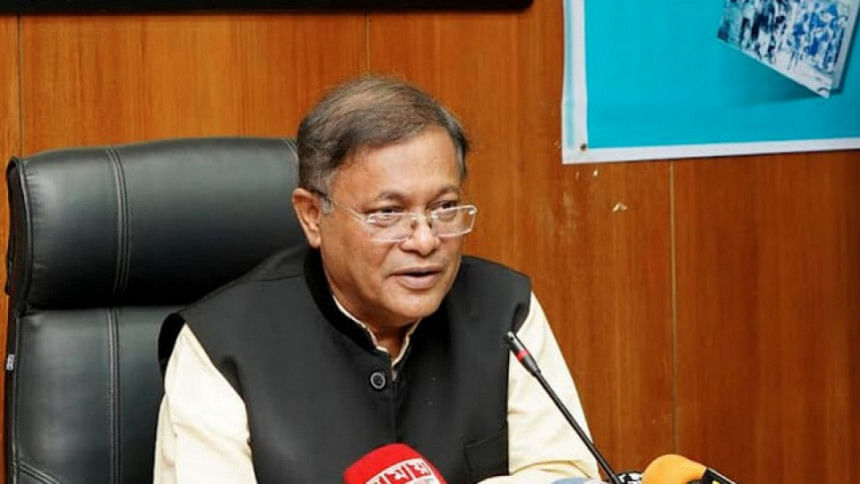BGB, BSF to use non-lethal weapons at border
Dhaka and Delhi have agreed on the use of non-lethal weapons to stop border killings, Foreign Minister Hasan Mahmud said yesterday after his three-day visit to India.
“We have discussed border killings that often take place. He [Indian External Affairs Minister S Jaishankar] agreed on my point that if non-lethal weapons are used, the border killings will stop or will reduce at least,” he told reporters at a briefing at the foreign ministry.
“The issue now is figuring out how to put this into practice,” he said
According to Ain o Salish Kendra, a rights body in Bangladesh, deaths along the border areas have marked a gradual increase every year since 2020.
At least 31 people were killed by Indian Border Security Force members in 2023, compared to 24 in 2022 and 18 in 2021.
Foreign Minister Hasan Mahmud said he also discussed the Teesta water-sharing deal with his Indian counterpart.
“The central government [of India] has no problem with the Teesta water-sharing deal. The problem comes from the state government,” he said.
“As India will hold its national election in April-May, we have decided that we will go over the issue after the election. At the same time, we have also discussed the renewal of ‘The Ganges Water Treaty’,” he added.
Bangladesh and India failed to sign the Teesta water-sharing agreement due to West Bengal Chief Minister Mamata Banerjee’s last-minute opposition during the then Indian Prime Minister Manmohan Singh’s visit to Dhaka in 2011.
During the visit to Delhi from February 7-9, the first bilateral visit after the election, he held meetings with Indian President Droupadi Murmu, Vice President Jagdeep Dhankhar, Foreign Minister Jaishankar, National Security Adviser Ajit Doval, and Commerce Minister Piyush Goyal.
The Myanmar crisis was an important discussion with the Indian ministers, and both countries agreed to work together for Myanmar’s stability.
“We both share borders with Myanmar. Both of our countries are worried about Myanmar’s instability. So, there are many issues to work together on, especially the repatriation of the Rohingya. We always sought India’s assistance and did it this time too,” Hasan Mahmud said.
He said 330 members of Myanmar’s Border Guard Police, army, and their families who had fled to Bangladesh amid pitched battles between the military and Arakan Army will be sent back to Myanmar soon.
“I don’t want to share a specific date. That’s confidential, because of security concerns,” he said.
Asked if Bangladesh authorities will interrogate the Myanmar army members if they were involved in the genocide against the Rohingya, he said, “Repatriating all of them is our priority.”
Asked about the security situation along the Bangladesh-Myanmar border, Hasan Mahmud said Bangladesh has already registered strong protests against Myanmar for their internal conflicts spilling over Bangladesh.
“We don’t want to see our security compromised due to Myanmar’s internal conflict,” he added.
Asked about the reports of several hundred Rohingyas waiting on the Myanmar side of the border to enter Bangladesh, the foreign minister said, “Bangladesh is already burdened with over 1.2 million Rohingyas. Bangladesh can’t accept any more refugees.”
He said officials and their family members at the Bangladesh Consulate in Sittwe, the capital of Rakhine State in Myanmar, are being relocated to Yangon on security grounds.
Earlier, the Indian consulate and the foreign officials of the UN and other aid agencies relocated from Sittwe.
LondonGBDESK//



Comments are closed.